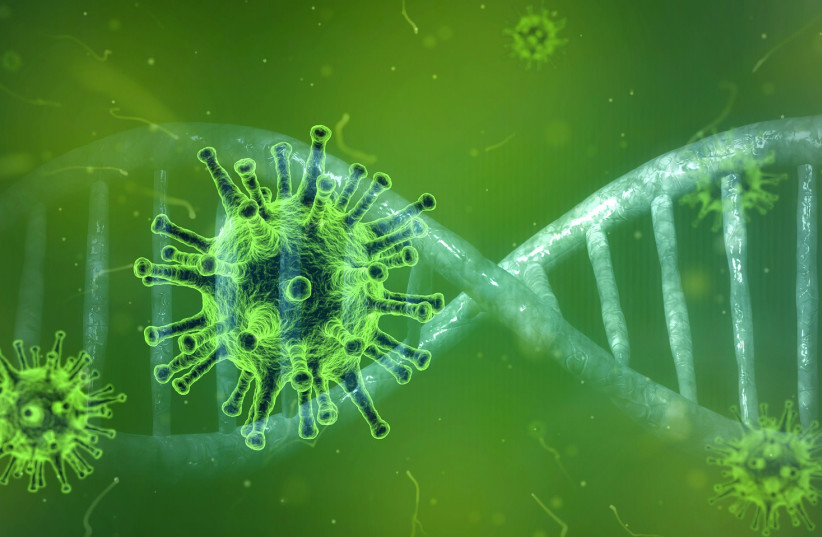People are less likely to be cautious about COVID-19 when they are with their friends, compared with when they are with acquaintances or strangers, a new study has found.
The relationship between COVID-19 and friendship
The peer-reviewed study – “Friend-Shield Protection from the Crowd: How Friendship Makes People Feel Invulnerable to COVID-19” – was published in the Journal of Experimental Psychology and authored by Eline L.E. De Vries and Hyunjung Crystal Lee.
The authors set out to understand the relationship between COVID-19 and friendship, and whether the presence of friends would make a person less likely to follow safety procedures.
During the two years of the pandemic, people have often limited their interactions to their closest social circle, explain the study’s authors, which might have produced unintended, negative consequences despite the good intention.
Through a series of experiments, the authors concluded that the sense of safety that stems from the psychological closeness of friends reduces perceived virus-infection risks. This same reduced risk perception is not present when a person is with acquaintances or strangers.

Friends are more "dangerous" than acquaintances
The first experiment included 495 participants split into two groups. One group was asked to write down memories of a close friend, while the others wrote about a distant acquaintance. All participants were then asked to read a news article on the risk of severe COVID related to unhealthy eating and preventive measures.
After reading the article, participants were asked to select one item to buy from an online store built specifically for the study by the researchers, which offered a selection of snacks and COVID-19 safety products, such as masks and hand sanitizers.
The participants were not told that the website was purposely built for the study, or that it was related to the study in any way. Instead, they were offered a “coupon” in return for participating in the study that would allow them to purchase one product. All the products were priced the same, in order to ensure that participants were not swayed by cost.
Participants who wrote about close friends in their survey had a 27% chance of picking an unhealthy food item instead of a COVID-19 safety product. By contrast, only 21% of those who wrote about acquaintances chose a food item, indicating an increased amount of risk-taking behaviors in those who thought about friends compared to those who thought about acquaintances.
The second experiment included 262 participants with no history of the virus who were split into three groups. They were then told to imagine that they had been infected with COVID-19, either by a friend, an acquaintance or a stranger, depending on the group.
They were then asked how much they planned to spend on health protection items over the next two months, in the context of the risk of exposure that they had been told to imagine.
Those who had imagined being infected by a friend planned to spend on average only $9.28 on preventive products over the next two months. In comparison, $18.84 was spent by those imagining infection via an acquaintance, and $21.36 by those imagining being infected by a stranger.
A recommendation to re-focus health campaigns
These findings, wrote the authors of the study, suggest that “associating an imagined virus infection with friendship may lead to less protective health behavior, as indicated by reduced future spending on health protection products when the initial (imagined) virus infection is transmitted by a friend rather than by more distant others.”
In order to confirm the results of the second experiment, the researchers attempted to replicate the findings in the field for a third study. They recruited 109 people who had been previously infected with the virus and who knew how they had been infected.
Of the 109 participants, 45% contracted COVID from a family member, 26.6% from a friend, 14.7% from an acquaintance and 13.8% from a stranger. The experiment found that participants infected by friends were less likely to believe they would be reinfected than those who were infected by acquaintances or strangers.
Based on the findings of the study, the authors advised that COVID-19 public health campaigns should caution against the tendency to reduce protective measures when with friends and family.
“Health safety campaigns should make greater efforts to inform the public regarding the friend-shield effect and aim for a more holistic response to future pandemics by taking both physical infection rates and psychological risk perceptions into account,” said De Vries.
